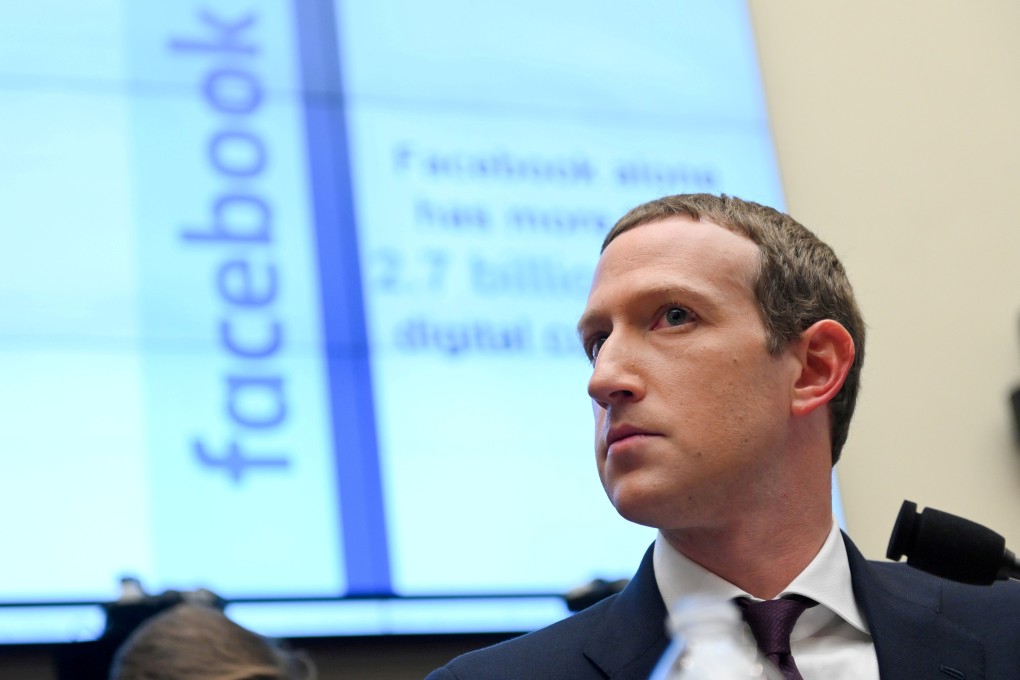Facebook tweaks ad policy but does not ban political lies ahead of 2020 US presidential election
- Facebook said it and its photo-sharing app Instagram will soon have a tool enabling individual users to choose to see fewer political and social issue ads
- Other online platforms such as Twitter and TikTok have banned political ads

Facebook announced limited changes on Thursday to its approach to political ads, including allowing users to turn off certain ad-targeting tools, but defied critics’ demands that it bar politicians from using its ads system to spread lies.
Ahead of the US presidential election in November 2020, the world’s biggest social network has vowed to curb political manipulation of its platform.
Facebook said it and its photo-sharing app Instagram will soon have a tool enabling individual users to choose to see fewer political and social issue ads, and will make more ad audience data publicly available.
In contrast, Twitter banned political ads in October, while Alphabet’s Google said it would stop letting advertisers target election ads using data such as public voter records and general political affiliations. Online platforms Spotify, Pinterest and TikTok have also issued bans.
A spokesman for the re-election campaign of President Donald Trump, which has spent more on Facebook ads than any other candidate, said the company’s approach to political messages is better than those from Twitter and Google as it “encourages more Americans to be involved in the process.”